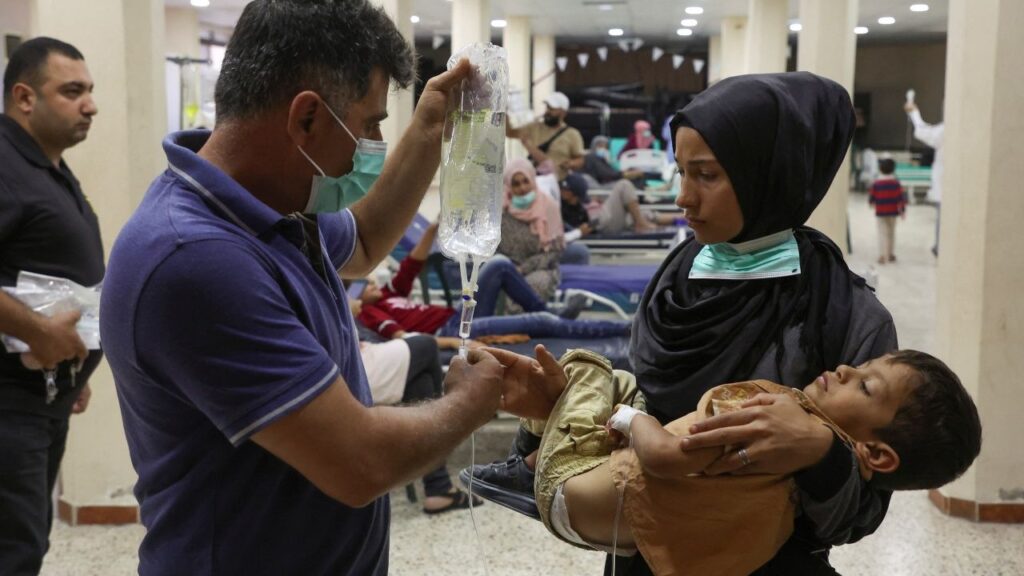The World Health Organization has issued a warning over the rapid spread of cholera in Lebanon, noting that the country’s neighbour Syria is also experiencing same problem.
The country is experiencing an economic collapse that has badly impacted the capacity of public facilities to deliver essential services like water, power, and hospitalisation. This month also saw the first cholera injury in Lebanon in decades.
The group issued a statement in which it stated that it was “warning of the fascism of Kolra Fattaka in Lebanon with the increasing occurrences of injury.”
The representative of the World Health Organization in Lebanon, Abdel Nasser Abu Bakr, pointed out that “the situation in Lebanon is fragile, as the country is fighting to face other crises, and these crises double their impact due to the long -term political and economic deterioration.
According to the group, more than 1,400 suspects have been identified nationwide since October 5th, along with 381 confirmed injuries and 17 fatalities.
The fascism “was initially isolated to the northern districts, but it swiftly expanded,” and confirmed casualties were registered in all governorates, according to the organization’s statement.
This situation pushed the World Health Organization to help Lebanon obtain 600,000 doses of cholera vaccine.
The World Health Organization said that it is stepping up efforts to distribute more doses “in light of the epidemic’s fast growth.
For the first time since 2009, cholera has been reported in numerous governorates of neighbouring Syria since September. The conflict that began in 2011 led to the damage of about two -thirds of the number of water treatment plants, a half of pumping stations and a third of water tanks, according to the United Nations.
The cholera strain present in Lebanon “is comparable to the pattern transmitted in Syria,” according to the World Health Organization.
The bulk of injuries in Lebanon were reported among Syrian refugees living in dispersed camps that lack even the most basic amenities like sewerage and clean water systems.
Cholera usually appears in residential areas that suffer from a scarcity of drinking water or the lack of sewage networks.
It frequently results in diarrhoea and vomiting after consuming tainted food or drink.
According to the World Health Organization, it is easily treatable but if attention is not given, it can kill within hours.
The World Health Organization issues a cholera epidemic warning for Lebanon.

